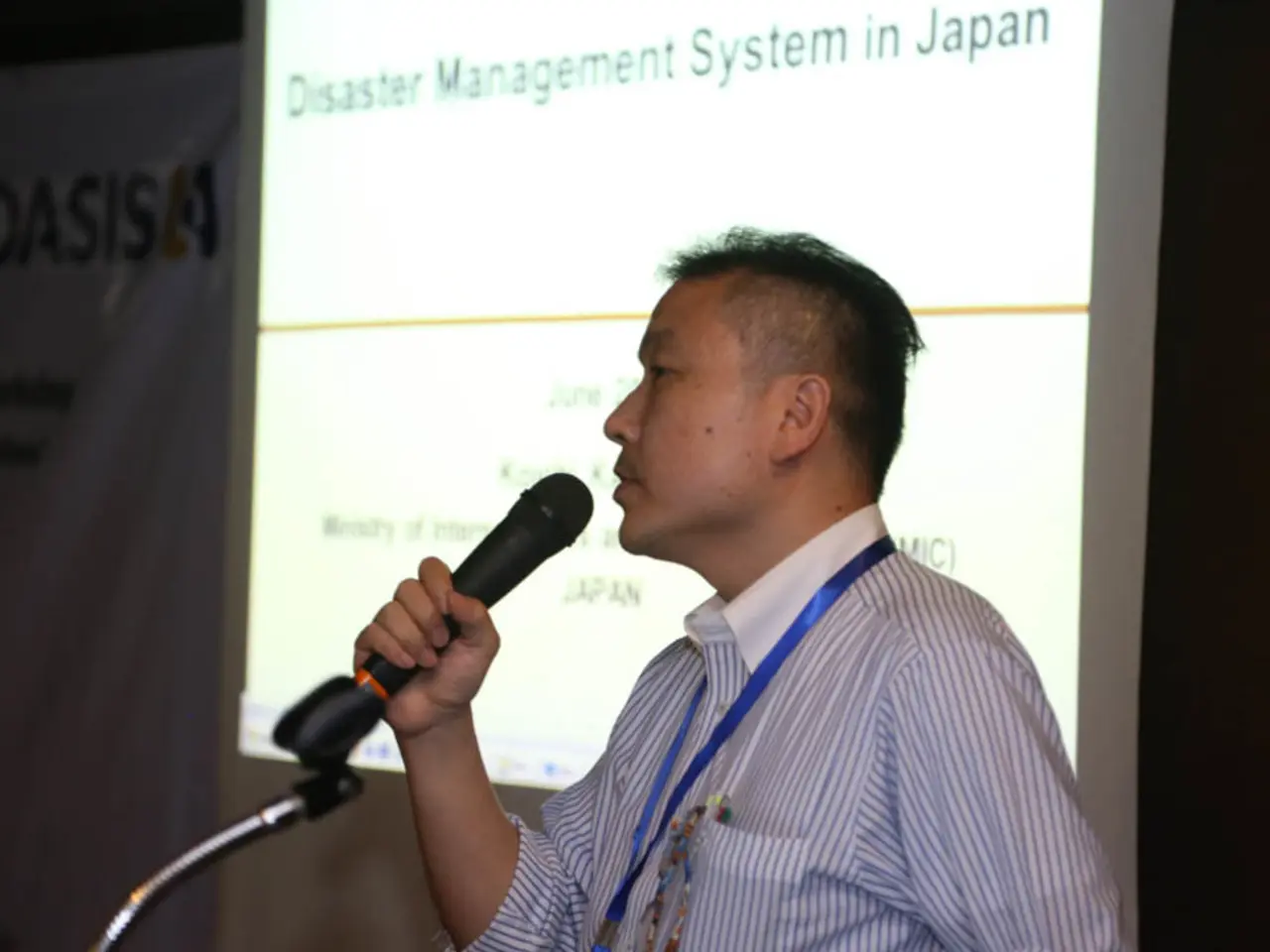Elderly nation grapples with twin heat emergencies, detailing strategies for survival
In Japan, a record-breaking heatwave this summer has exposed a pressing issue for the elderly living alone, particularly in small towns and the countryside. With many of their children having moved to urban centers, these seniors are often left isolated and vulnerable.
According to recent statistics, over 70% of the 76,000 deaths of people who lived alone and died at home in 2021 were aged 65 or older. This alarming figure underscores the need for urgent action. In response, the Japanese government appointed a Minister of Loneliness and Isolation in 2021.
The government is introducing community programs to enlist volunteers who will check on the elderly and offer advice on staying cool. Local authorities have also launched programs to provide emergency alert devices to the elderly, a crucial measure in a country where hundreds die from heatstroke each year.
The elderly in Japan often face challenges in regulating their body temperature and noticing thirst, increasing their risk of heatstroke. This is particularly true for the nation's farmers, over 70% of whom are over the age of 65.
To combat this issue, Japanese organizations such as local government health departments, community centers, and welfare institutions have initiated programs to reduce the health impacts of climate change on isolated and elderly populations. These initiatives promote social engagement, health empowerment, and adaptive living environments tailored to seniors.
However, the reluctance to use air conditioners in Japan, due to tradition, necessity, environmental concerns, and high electricity bills, presents an additional challenge. To address this, the Tokyo government is helping develop and distribute a heatstroke prevention wristwatch.
In an effort to cope with isolation, some elderly in Japan resort to drastic measures. Some prefer to stay in prison for regular meals, free healthcare, eldercare, and companionship. Others, unfortunately, resort to stealing food to survive due to their isolation.
The number of elderly living alone in Japan is projected to make up one fifth of all households by 2050. This demographic shift, coupled with the increasing frequency and intensity of heatwaves due to climate change, underscores the urgency for comprehensive solutions to support Japan's aging population.
Despite the challenges, stories of resilience emerge. Toshiaki Morioka, an 84-year-old Japanese man, carries an alarm device that measures temperature and humidity to prevent heatstroke. His story serves as a testament to the spirit of the elderly in Japan, who face these challenges with remarkable determination.
Read also:
- Connection Between ADHD and Trauma?
- West Nile Virus detected in Kentucky for the first time; authorities advise locals to adopt safety measures
- Protesting for Mahsa Jina Amini and Women's Rights: Igniting a Humanitarian Era amidst an Era of Prejudice
- Examination of Survey Weighting Methods for Historical Presidential Elections





